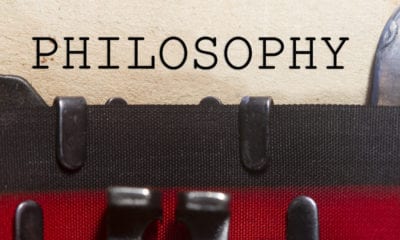Philosophy
Succinctly Plato & the Relevance of His Ideas Today
The Greek Philosopher, Plato, played a Herculean role in shaping Western Philosophy and tradition. Here, we look at some of his ideas and their present-day relevance. Read all about it.
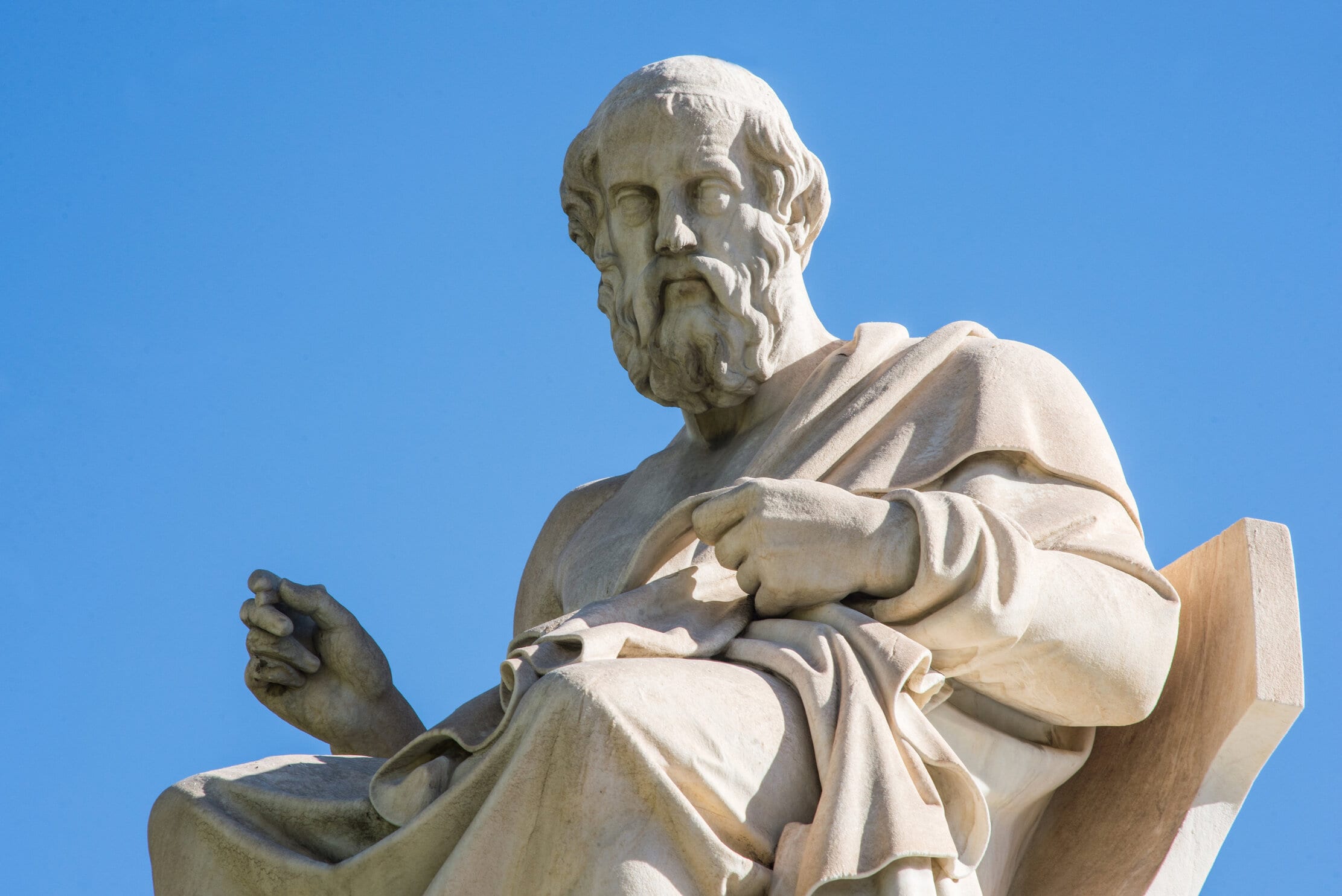

Plato was a Greek philosopher born in 428/427 BC into a noble and prominent family. A student of Socrates, and teacher of Aristotle, he was the founder of the Academy in Athens, the first University in the West and the prototype for modern-day University. He is one prominent figure responsible for shaping philosophy and Western tradition. His ideas have stood the test of time through the years and still forging strong in the present and, most likely, in the future.
“The beginning is the most important part of the work.” ― Plato, The Republic.
His interest areas include Ethics, Politics, Metaphysics, Education, Art, Epistemology, Cosmology, Theology, Friendship, Literature, and Love. Many of Plato’s philosophical views are significant today. There are essential teachings from his widely known work, The Republic, which goes beyond Ethics, Business, and even personal development.
Plato’s Ideas and their Relevance
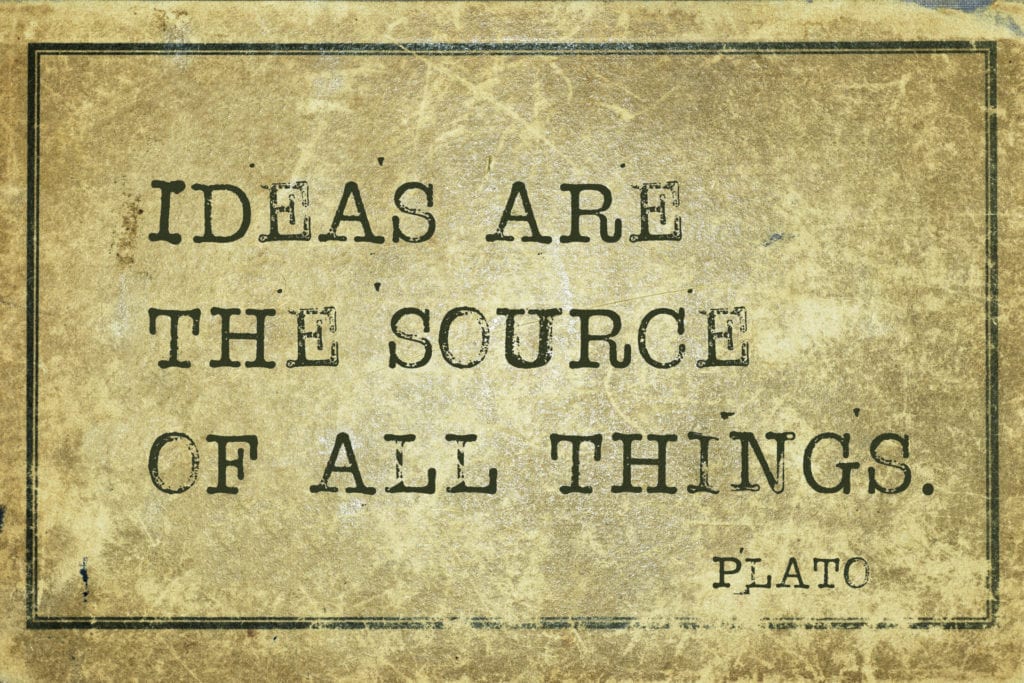

The influence of Plato is far-reaching. However, this article’s goal is not to fully exhaust all the teachings of Plato or examine all their relevance. We will succinctly look at some of the works of Plato and how they apply today.
#1. The Idea that Nothing is Beautiful without a Struggle


Plato, via this statement, speaks to individuals and those who always come up with excuses as reasons not to be responsible. You must sweat before you eat. This line is often used in workshops by motivational coaches. It is the truth, especially when it comes to work, as there must be an effort to get a result.
#2. The Most Important Part of the Work is the Beginning


This widespread opinion is as instructive as it is. Start first! Once you have started, you are buoyed to get to the finish line. This statement is the mantra of innovation. The essential thing in all that one does hinges on starting first. If you don’t begin something, you will never know how far you will be able to go.
#3. Teach Women the Same Thing as Men
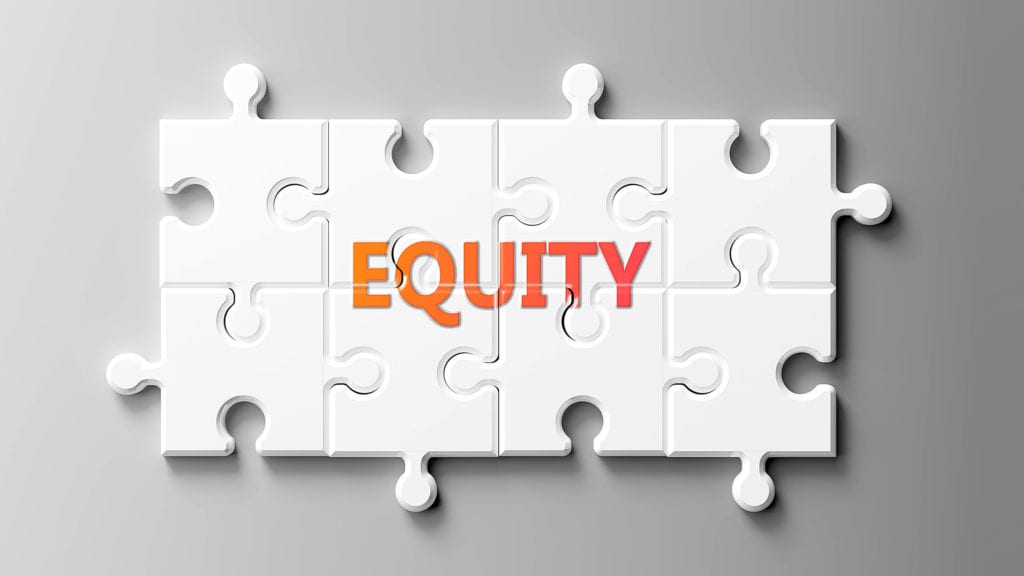

If women are expected to do the same work as men, they must be taught the same thing: this idea can support the campaign of allowing them (as they choose) into any system and not stereotyping gender roles. As such, this notion promotes gender equality.
#4. The Need to Think More
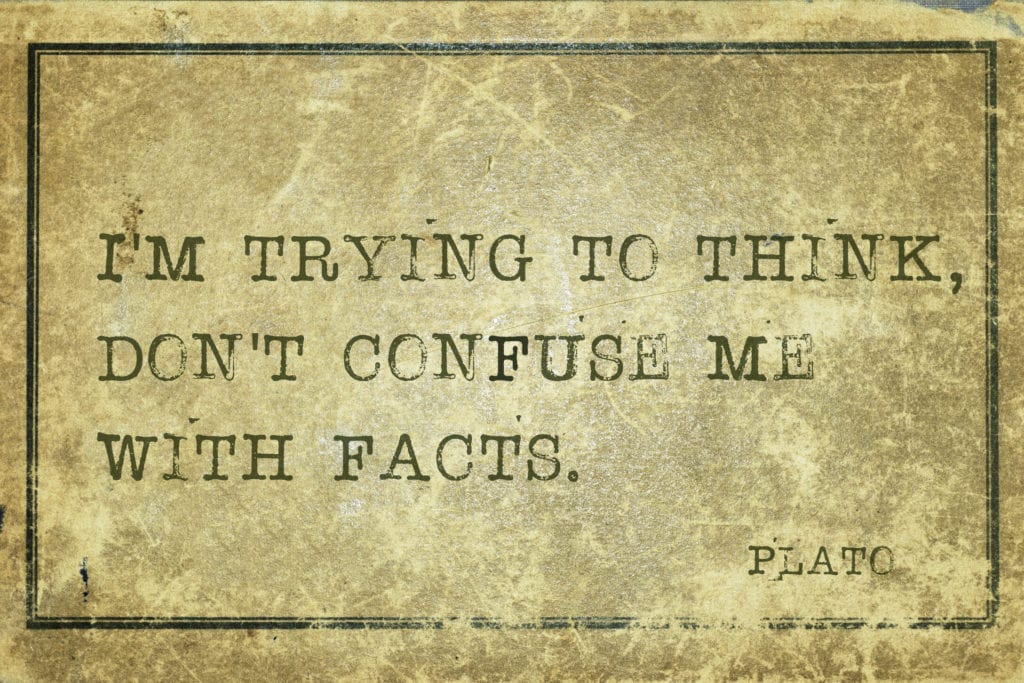

Despite all technological advancements and innovations, there is still that sense of loss of our self-awareness. Most people will go with the crowd and not think much about their actions. Common sense is not so common these days. This affirms Plato’s argument that there will be “wrong values, careers, and relationships” because we get carried away with emotions and do not expend the energy needed to make rational decisions.
#5. The Ideal Society
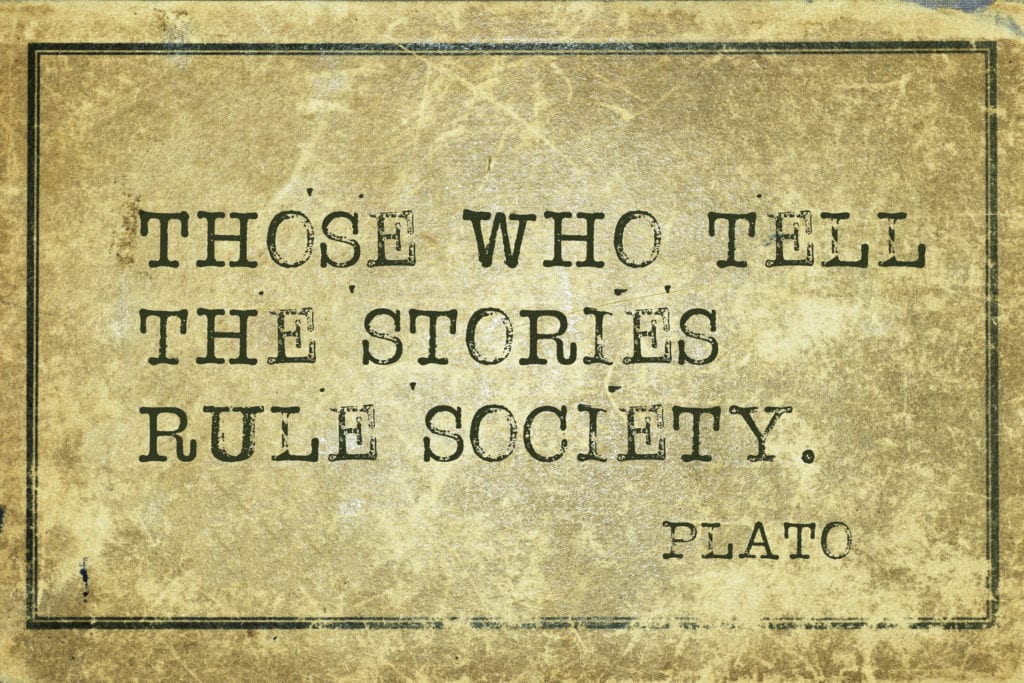

The ideal society Plato spoke of is a community with skilled individuals who are happy with their lives. People who can think for themselves via ruling their minds will proffer solutions for the good of society. Those who tell the stories of reasons will bear the rule of their societies. Today, many societies lack this factor. Many have become entitled, whiny, and overly dependent. We are not solely to blame. The government bears most of society’s ire. Societal reformation is necessary to change mindsets to create a better community for all.
#6. Division of Labor


The first person who came up with the concept of the division of labor is Plato. The theory of his book The Republic revolves around society’s nature, focusing on labor division. The division of labor also forms one of the bases of the economic and marketing system. The division of labor, as he suggests, is because production capacity between individuals differs; specialization improves artistry and a well-timed result. His theory of this concept goes beyond consumer goods to include producer goods such as agricultural production, livestock, clothes, etc. This proposition isn’t limited to a particular setting, but he suggests collaboration with other societies.
#7. The Father-Son Relationship


Another relevant idea of Plato’s is that of the father-son relationship where the father’s role in the son’s life influences the son’s success. The relevance of this theory in today’s world makes a lot of sense. It is still a consistent philosophy today as children always look up to their parents. The idea of an ideal family as we use to know it has become distorted with a much watered-down value system from what it used to be. For instance, many single mothers keep the home together with the fathers missing in the children’s lives.
“The object of education is to teach us to love what is beautiful.” ― Plato, The Republic.
Despite making many contributions to philosophy, some of Plato’s ideas have been queried, debated, and ruled off. But it doesn’t take away how influential his works have been in the modern world and their relevance in man’s day-to-day life. This has been succinctly Plato!
Lifestyle
African Philosophy – Part I
Philosophy is the systematic examination of the truths and principles of being, knowledge, or conduct. African Philosophy is the rational investigation of the facts and laws of being, learning, or conduct from the lens of the African tradition. Does Africa have her philosophy? Join in this discourse as we survey, “African Philosophy – Part I”


Philosophy is the systematic examination of the truths and principles of being, knowledge, or conduct. African Philosophy is the rational investigation of the facts and laws of being, learning, or conduct from the lens of the African tradition. Does Africa have her philosophy? Did she once have systems for organized thought or was her philosophy handed down by the colonialists? At a glance, the answer to these questions tends towards the negative. From the earliest writings and descriptions of our cultures from western explorers, it seemed almost unanimous that the earlier Africans were seen as underdeveloped and primitive.
However, it must be understood that such assessments cannot be made without careful and holistic studies carried out on the native peoples of these ancient tribes. While non-natives may have found it difficult to decipher the behavioral codes of such peoples, it is hasty and unfair to assume that they did not exist. The major drawback of these cultures was that their moral and cultural codes were transmitted verbally, via Storytelling, Proverbs, Idioms, etc., from generation to generation, rather than being documented because there were no fully developed forms of writing. This gave room for erosion and misinterpretation of many cultural practices and made it difficult for non-natives to fully understand the rationale behind the rites, rituals, and customs of ancient African cultures.
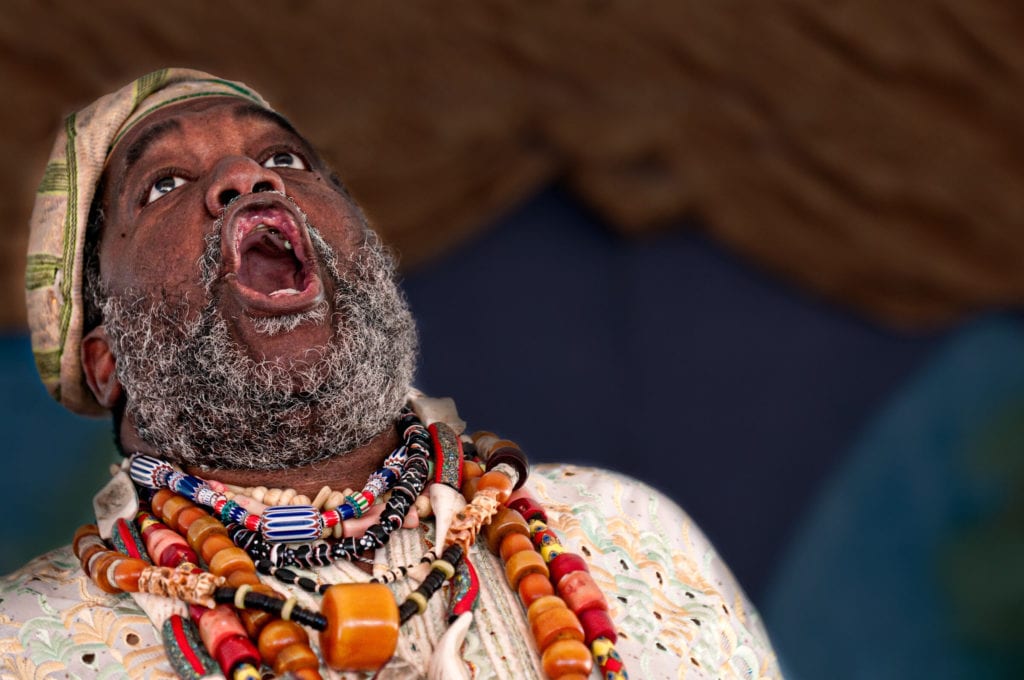

“The philosophy of Africanism holds out the hope of a genuine democracy beyond the stormy sea of struggle.” ― Robert Sobukwe
Even within African intellectual circles, there seems to be no complete consensus on the issue of our African philosophical standing. Our current approaches to rational thought are heavily influenced by the Western Philosophy, mainly because our educational systems were borrowed. Colonial influences have swamped our methods of thinking. It has strongly influenced the rational traditional beliefs, legends, customs, etc., of the African people (i.e., the lore of the African people that make sense). Interestingly, some new schools of thought are emerging, armed with the historical knowledge of the times before Africa faced disruptive external forces. These modern thinkers are driven by the need to re-define the African philosophy with the mission of unearthing the true identity of the African.
From modern studies, it is believed that it was mostly Egyptian philosophers around the seventeenth and eighteenth century that contributed to African philosophy. However, even before that time, in the mid-1500s, at the University of Sankore in Timbuktu, Jurisprudence, History, and the Quran was taught with what they called Quadrivium knowledge (included Arithmetic, Geometry, Astronomy, and Music). The teachers were the Soninke Mahmoud Kati and Peul Ahmed Baba, amongst other philosophers of the time. These walls of higher learning even encompassed the philosophical teachings of the masters such as Aristotle’s ‘formal logic.’ Some of the works used to study the Egyptian (African) philosophy are the works of Ptah-hotep and Yoruba, written by Hallen and Sodipo. These works include principles bordering on morality and epistemology.


“Unfolding of our past African Philosophy will be an intricate but creative journey into the past, to make sense of our present African lore, and forge the future of our African philosophical heritage.” ― Ogbonnaya Agom-Eze
There was also the Dogon School in Mali during the fifteenth century and the Guede School in Senegal in the twentieth century. There have been other philosophers like Zar’a Yo’aqob in the seventeenth century, who wrote about equality between husbands and wives, celibacy, justice, fasting, and so much more; a Ghanaian, Auton W. Amo who wrote about African Rights in Europe and critiqued Rene Descartes’ work of mind dualism. Placide Tempels came forward with the Bantu philosophy, George James with Stolen Legacy. Other philosophers started coming forward with their views including Ogbodo Edeh (Clergy) with Igbo Metaphysics; Uzodinma T. Nwala with Igbo Philosophy, Anyanwu, Olela, and others. This period set the pace for African philosophy, ushering in a new era and more proponents.
Then came the arguments and discussions in the middle era among different groups including Traditionalists, Universalists, and the Reconstructionist(s) and gave rise to philosophical schools and movements. There was no questioning if there is an African Philosophy, but the question became ‘what makes a philosophy African?’ This brought forward two criteria, the Racial and Tradition. The Racial criterion asserts that philosophy is African if Africans produce it; while a Tradition criterion agrees that philosophy is African if African cultural system inspires the approach.
African Philosophical Schools of Thought
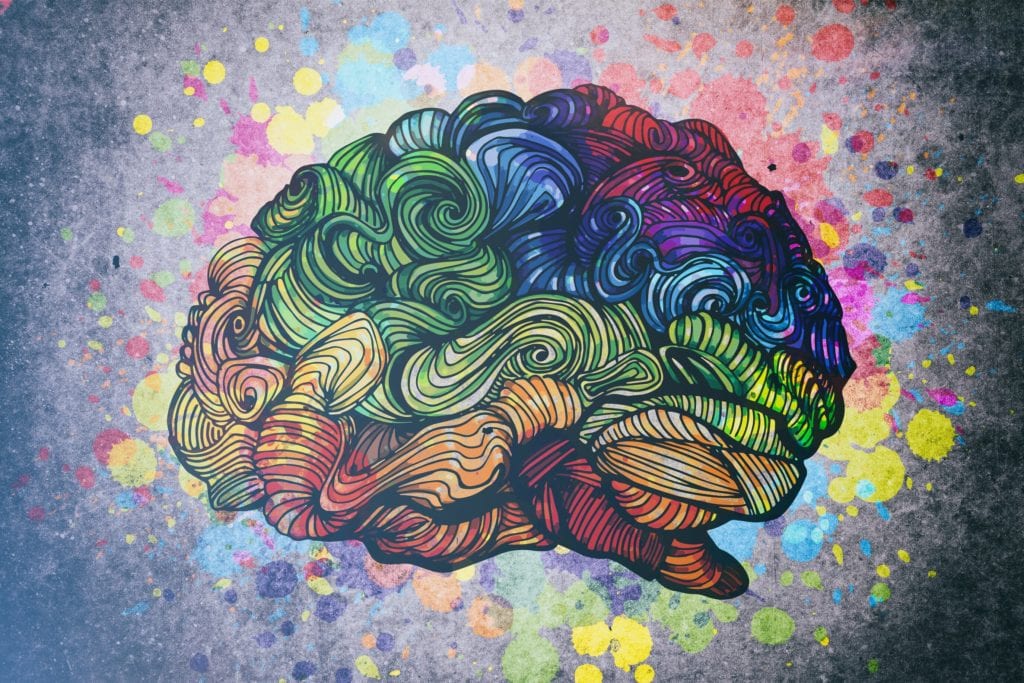

New African Philosophical Schools of Thought are quickly emerging. It is essential that these new thoughts unfold so that we do not see the complete erosion of our past African philosophical thought. Effort must be made by various African Philosophers as they continue researching, cudgeling their encephalic bundles, and coming up with different ideas regarding the philosophical heritage of Africa.
First, is the National/Ideologist School of Thought. This school was concerned with fighting colonialism and creating a political ideology from the traditional system as a means of decolonization. Some persons that can be said to be a part of this school will be Julius Nyerere, Kwame Nkrumah, and Leopold Senghor. Odera Oruka, the Kenyan born philosopher, is known to have championed the course of this sapient thought.
Second, is the Hermeneutical Philosophical School. Hermeneutics is the science of interpretation. Hence, this is the science of interpreting philosophical principles. It believed that the best method to study and understand African philosophy is by deciphering oral traditions and philosophical ideas that are emerging. However, there was the confusion among proponents of this school. They did not accept ethnophilosophy (i.e., the study of indigenous philosophical systems), but the oral traditions were mainly ethnophilosophical. Some of the advocates of this school are Okonda Okolo, Ademola Tsenay, and Theophilus Okere.
Third, is Philosophic Sagacity. This school is concerned with showing that philosophical discussions had always existed and still do in traditional Africa. They also believe that African philosophy can only be found in intellectual discussions. Some adherents of this school are Odera Oruka, Pius Mosima, Gail Presby.
Fourth, is the Ethnophilosophy School. As earlier stipulated, Ethnophilosophy is the study of indigenous philosophical systems. It is said to be the leading school of African philosophy bounded by culture. Leopold Senghor’s philosophy on negritude seems to be the most prominent. Later, it was considered substandard.
Fifth is the Literary School. This school focuses on showing African values through literary works. The persons in this school include Chinua Achebe, Nguguwa Thiong’o, and Wole Soyinka. This school is also considered substandard as critics consider it ethnophilosophical.
There is no doubt that the African philosophy is vital in our connecting traditions, values, and the people; and it is essential for the sake of posterity. We can also agree that African philosophy is philosophy produced by African people. Beyond the arguments, rooted in positivity and progression, African philosophy can help us gain our rightful place on the universe.
[NB. This study is in no way exhaustive, any ideas of or further suggestions on African Philosophy, please be sure to suggest to us by commenting on this article].
Lifestyle
5 Reasons Why Philosophy is Relevant
Can we start by stating that a philosopher might naturally want to investigate the rationale behind why anyone must study philosophy in the first instance? That is one of the beauties of Philosophy. Join us as we investigate the “5 Reasons Why Philosophy is Relevant.”


Can we start by stating that a philosopher might naturally want to investigate the rationale behind why anyone must study philosophy in the first instance? That is one of the beauties of Philosophy. In the banalest of terms, Philosophy, according to Merriam Webster’s Dictionary, is the pursuit of wisdom. It is a search for a general understanding of values and reality by chiefly speculative (i.e., marked by questioning curiosity) rather than observational means. Philosophy is the freedom that everyone must take a more in-depth look into critical situations. To ask questions and seek a more profound meaning as to why human beings behave in a particular way. When things happen, philosophy emphasizes that there should be a reason or logic behind such actions. This and more are some of the contributors to the relevance of philosophy as a concept.
“Philosophy is the endeavor to frame a coherent, logical, necessary system of general ideas in terms of which every element of our experience can be interpreted.” – Alfred North Whitehead (1861-1947). Process and Reality: An Essay in Cosmology, 1.1.1, 1929
5 Reasons Why Philosophy is Relevant
First, it increases Knowledge. Knowledge is born out of a curiosity to learn new things. Philosophy provides just that, mainly as it is referred to as the “love of wisdom.” Philosophy aids the ability to firmly grasp and follow an argument to its most logical conclusion. We are also able to apply this logic in other relevant fields. Many theories propounded by researchers have philosophical frameworks on which they lean. With these philosophies, a better and deeper understanding has been reached in the disciplines of Art, Science, and Social Sciences. Since Philosophy presents us with answers to tough life questions, in a bid to seek knowledge and a deeper meaning to life, we actively encounter knowledge. Knowledge is food for the soul.


Second, it helps us make choices out of reason. Philosophy affects the choices we make as individuals. The more we grow and evolve as individuals, the more we are faced with critical life choices. It helps us in becoming more rational thinkers. Philosophy helps us to apply more reason to pressing and seemingly complex life issues. With proper inner arguments and the rumination on facts that highlight the circumstance, we can decide if we are taking the easy way out or overreaching. Situations are seen from a real-life point of view. Many people are known to make decisions out of feelings rather than what exists. However, Philosophy, through proper reasoning, helps to cross this bridge. Find a happy medium by understanding the facts that seed the context—make sense of the circumstance and do the right thing logically.


Third, it inspires creativity. Philosophers are generally people who dare to embrace a different way of thinking. This innovative mindset often leads to critical and creative thinking. Philosophy as a discipline shows us what already exists and offers the chance for students to take a swing at new possibilities and better ways by which things can be done. Philosophy is at the epicenter of creativity and innovation. It is the nucleus of reasoning outside the box. It allows you to transcend into the vortex of the metaphysical, making sense of it all and bringing it back to earth in season with reason. Some of the world’s most celebrated creative thinkers and success achievers are philosophers who sought to change the world by thinking in different dimensions from what was considered the norm. Consider the likes of Sam Walton, Elon Musk, Bill Gates, Jeff Bezos, Mark Zuckerberg, Philip Emeagwali, Richard Branson, etc. These people and more have thought in different dimensions and have impacted our generation. However, this does not take away the place of the works of previous philosophers, as an understanding of these would serve as a springboard, a door opener of some sorts, to more philosophical, more creative and more innovative discoveries.


“The philosophic mind is that which habitually sees the general in the particular, and finds food for the deepest thought in the simplest objects.” – Leslie Stephen (1832-1904). “Wordsworth’s Ethics,” Cornhill Magazine (England), August 1876
Fourth, it helps improve human morality. Ethics, as a branch of philosophy, is a concept that is also based on what should be and what should not (i.e., right and wrong). Therefore, Philosophy helps to take a moral stand in real life situations. It is the bulwark that shores up the walls of our integral value system. People can become better versions of themselves by thinking from a perspective of what is right or wrong. Our thinking controls our actions. We become the better versions of ourselves when we choose to do what is right and eschewing what is morally wrong. When we tow the right path to do what is morally right, we are sowing the seeds of respect. Imagine a society where everyone took decisions and related to each other based on what is only ethical and not out of selfish reasons? How beautiful and psychically balanced would such a society be? This way, everyone knows that robbery, terrorism, greed, racism, and other social vices and violent acts make them deficient in morals and that they’re doing the wrong thing by hurting fellow humans. Such a state would sink the pile foundations of our morality to the depths of reciprocative integrity.


Fifth, the world makes more sense via a philosophical lens. Everyone who tries to understand the world better is a philosopher, in one way or the other. Looking at the world via the philosophical lens prompts us to reason and investigative action. For instance, some people used to think the earth was flat, and there was indeed a profound backing to this notion. However, another person came to challenge this thinking by providing scientific and philosophical evidence as to back the point on why the earth was slightly round or spherical and was revolving. Recall that this thought was accepted because we saw reason in the proposed logic. Hence, philosophical or rational thinking births more rational thought. In many ways as well, people through Philosophy can give better meaning to the things happening around them and ultimately remain fulfilled.


Now that we have seen the reasons why Philosophy is relevant; it is time for us to espouse a new mindset when it comes to the field of Philosophy. The subject is not overly abstruse and should not be such. A lot of times, we approach philosophy with a sense of bewilderment and from a very profound angle. Voltaire once said that “When he who hears doesn’t know what he who speaks means, and when he who speaks doesn’t know what he himself means—that’s philosophy.” To be honest, the postulations of Voltaire is where the minds of many people are at when it comes to Philosophy. We need to preferably approach the subject of Philosophy with a more open mind in other to unearth the elemental gist of reasoning that can spur innovative momentum to the reins of human creativity and genius. Philosophy, if embraced with a more rational mind could birth the solutions of many social ills that plagues the landscapes of the human mind today. We are more of philosophers than we think in our own individual right.


“What is the first business of him who philosophizes? To throw away self-conceit. For it is impossible for a man to begin to learn that which he thinks he knows.” – Epictetus (A.D. 55?-135?). Discourses, 2.17, tr. George Long, 1890?
What a Timothy Leary said in the “Evening Standard” (British Newspaper) on February 8, 1989, is remarkably perceptive and conceptual on how Philosophy should be approached in the information age. He said that “In the information age, you don’t teach philosophy as they did after feudalism. You perform it. If Aristotle were alive today, he’d have a talk show.” He would make an art of Philosophy—who knows, he could even become the proprietary King of all Philosophical media shows. We need to explore Philosophy in our day and age. We need to start dialoguing more about the prevailing philosophies of our time. How has Philosophy helped shape the ideologies of today? What are the current worldviews of our contemporary global culture? What is the impact of Philosophy on the concept of Globalization? What is the role of Philosophy in the global social media culture? What is the purpose of Philosophy in today’s global politics? How would Philosophy answer the question of systemic racism and hate? How will Philosophy help mold our future? The list can go on ad infinitum. The core of the matter is for us to change our mindset towards Philosophy and start a global dialogue.


Finally, it is essential that people approach Philosophy as a fundamental human endeavor rather than something that must be studied in a school, although it is okay to do so too. The greatest philosophers didn’t attend schools to become one. Philosophy is a mentality that must be absorbed. Let us not make light or make fun of Philosophy. Funnily, in the words of Blaise Pascal, “To make light of philosophy is to be a true philosopher.” In your act of making fun of the subject of Philosophy, you are becoming a philosopher yourself. Let us begin to see Philosophy with a renewed perspective. Once again, recapping the points that highlight why Philosophy is relevant, first, we saw that Philosophy increases knowledge. Second, it helps us make choices out of reason. Third, it inspires creativity. Fourth, it helps improve human morality. Fifth, the world makes more sense via a philosophical lens. Let us therefore expand the scope of this dialogue. Share your thoughts on this article via the comment box. Join the crusade by sharing this article via all social media avenues to expand the philosophic dialogue. More interchange will lead to the unearthing of more philosophical thought for our time that hopefully makes sense, ceteris paribus. The art of philosophizing is the forerunner of generating new philosophies. Let the exchange of ideas begin!







